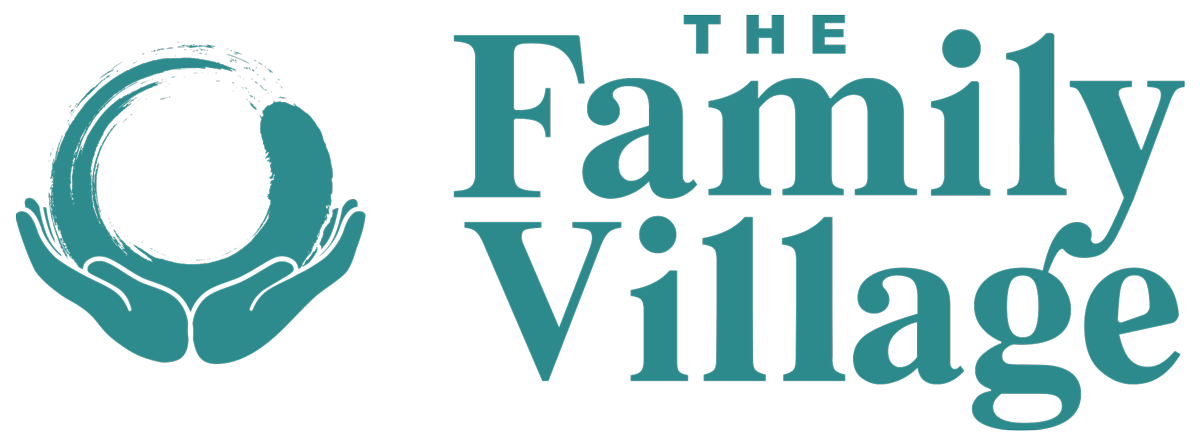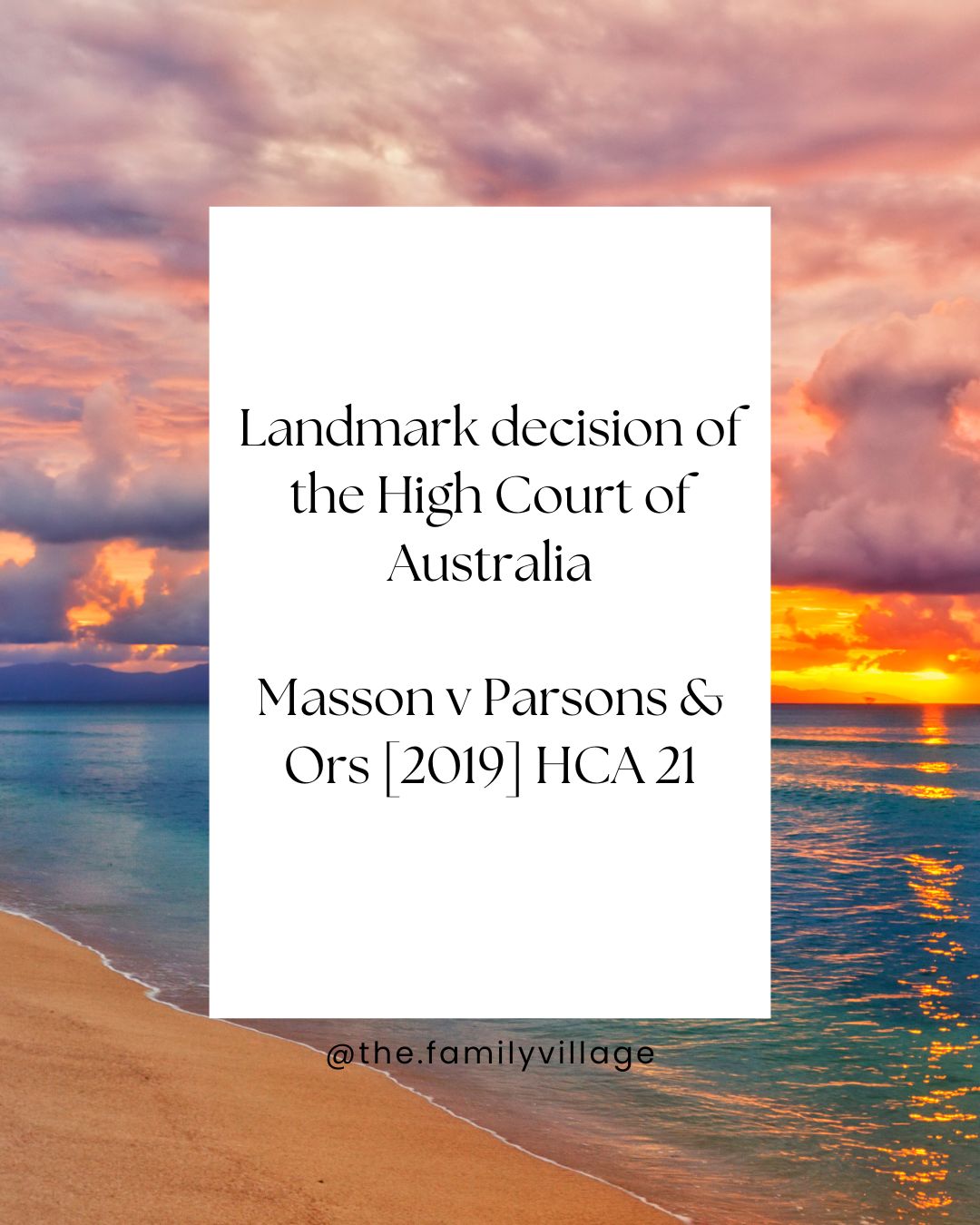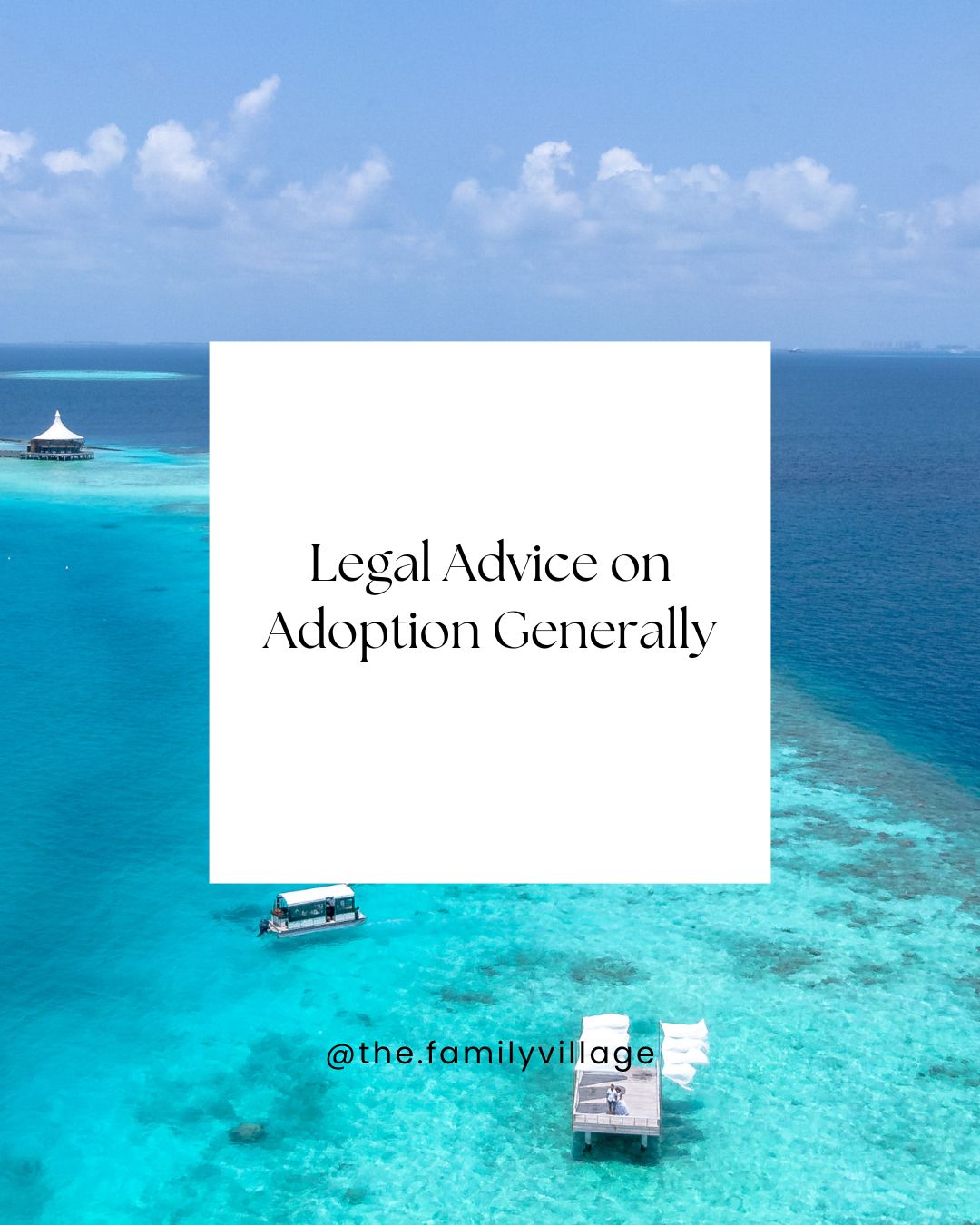Masson v Parsons & Ors [2019] HCA 21 is a landmark decision of the High Court of Australia. In this case, the High Court found that a man who donated his sperm for a child born of artificial conception procedure was a “parent” of the child within the meaning of the Family Law Act 1975.
Facts
All parties are identified by pseudonyms. The appellant, Mr Masson had been friends with Susan Parsons for many years. In 2006 Susan Parsons conceived a child by artificially inseminating herself using Mr Masson’s donor sperm. At the time of conception, Mr Masson believed that he was fathering the child, and that he would care for and support the child. When Susan Parsons gave birth to a daughter, Mr Masson was listed on the birth certificate as the father. The child lived with Susan and her partner Margaret Parsons (who later married in New Zealand) but had a close relationship with Mr Masson and saw him frequently. He had a continuing role in the child’s financial support, health, education and general welfare.
In 2015 the Parsons decided to move to New Zealand, as Susan was originally from New Zealand and wanted to be closer to family. Mr Masson filed for a parenting order pursuant to Part VII of the Family Law Act 1975 (Cth), in which he sought shared responsibility for the child between himself and Susan Parsons, a restriction upon the Parsons from moving to New Zealand, a provision for certain rights in terms of access, and the placing of certain conditions on overseas travel and communication. The question was whether Mr Masson qualified as the legal parent of the child for the purposes of the Family Law Act.
Finding in the Original Trial
The trial judge found that Mr Masson was not covered under any of the categories of parenthood outlined in s 60H of the Family Law Act (which dealt with children conceived via artificial insemination). She also said that the categories of parent described within s 60H were intended to be expansive rather than restrictive, and thus, Mr Masson could be a parent even though he did not fit into any of the categories listed.
Finding on Appeal
On appeal to the Full Court of the Family Court of Australia, it was held that Mr Masson could not be the legal parent of the child because of s 14 of the Status of Children Act 1996 (NSW). Section 14(2) provided that if a man provided sperm for the purposes of artificial insemination to a woman to whom he was not married, it was presumed that he was not the father of the child. Section 14(4) provided that this presumption was irrebuttable.
Referral to the High Court of Australia
Appealed to the highest Court in Australia, the issues for consideration included the following:
- The inconsistencies between the NSW Status of Children Act and the Commonwealth Family Law Act;
- Whether the Judiciary Act 1903 operated to “fill in the gaps” between the NSW Act and the Family Law Act; and
- Where there was inconsistency between the NSW Act and the Commonwealth Act, which law should prevail.
In relation to the issue of inconsistency between State laws and Commonwealth laws, the High Court found that where such inconsistency exists, the commonwealth laws are to be followed. Hence consideration of whether Mr Masson was a “parent” required an application of the Family Law Act.
The majority found that the Family Law Act did not define the term “parent” and that s 60H was not exhaustive of the circumstances in which someone may become a parent. Accordingly “a court will not construe a provision in a way that departs from its natural and ordinary meaning unless it is plain that Parliament intended it to have some different meaning” (at [25]). There was no indication that Parliament intended “parent” to have anything other than its natural and ordinary meaning.
The majority concluded at [28] that the meaning of s 60H was “not obscure or ambiguous or readily capable of more than one interpretation.” Thus, as the primary judge and the Full Court of the Family Court had held, the purpose of the section was to expand the definition of persons who may be a parent rather than to restrict it.
Moreover, the ordinary English meaning of “parent” did not exclude sperm donor ([53] – [55]).
Returning to the original judgment, the majority agreed that while the biological father fell short of the definition of parent under section 60H, the question of whether a person is a parent of a child born by artificial conception is also one of fact and degree to be determined according to the ordinary, contemporary Australian understanding of “parent” and the relevant circumstances of each case. In considering the role of the biological father in this case the majority stated:
“To characterise the biological father of a child as a “sperm donor” suggests that the man in question has relevantly done no more than provide his semen to facilitate an artificial conception procedure on the basis of an express or implied understanding that he is thereafter to have nothing to do with any child born as a result of the procedure. Those are not the facts of this case. Here, it was conclusively found that the donor provided his semen to facilitate the artificial conception of his daughter on the express or implied understanding that he would be the child’s parent, that he would be registered on her birth certificate as her parent, and that he would support and care for her as he has done.”
Accordingly, the majority held that characterising the father as merely the “sperm donor” effectively ignores all but one of the essential facts of the case. Therefore, there was no reason to doubt the trial judge’s conclusion that the biological father was indeed a parent of the child.
The case provides clarity regarding the status of sperm donors in circumstances where the donor plays an active fathering role in the child’s life. Notably, the majority did not decide whether a man who does no more than provide his semen to facilitate the birth of a child falls within the ordinary accepted meaning of the word “parent”.
This case also emphasises the importance of donor agreements and engaging the expertise of a family creation lawyer.




